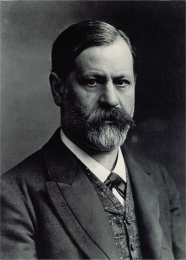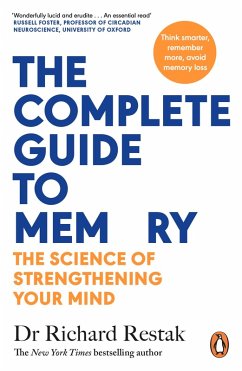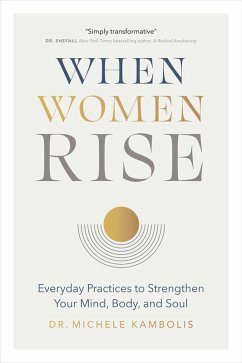
Dream Psychology (eBook, ePUB)

PAYBACK Punkte
0 °P sammeln!
Dreams, in Freud's view, are all forms of "wish fulfillment" - attempts by the unconscious to resolve a conflict of some sort, whether something recent or something from the recesses of the past (later in Beyond the Pleasure Principle, Freud would discuss dreams which do not appear to be wish-fulfillment). Because the information in the unconscious is in an unruly and often disturbing form, a "censor" in the preconscious will not allow it to pass unaltered into the conscious. During dreams, the preconscious is more lax in this duty than in waking hours, but is still attentive: as such, the unc...
Dreams, in Freud's view, are all forms of "wish fulfillment" - attempts by the unconscious to resolve a conflict of some sort, whether something recent or something from the recesses of the past (later in Beyond the Pleasure Principle, Freud would discuss dreams which do not appear to be wish-fulfillment). Because the information in the unconscious is in an unruly and often disturbing form, a "censor" in the preconscious will not allow it to pass unaltered into the conscious. During dreams, the preconscious is more lax in this duty than in waking hours, but is still attentive: as such, the unconscious must distort and warp the meaning of its information to make it through the censorship. As such, images in dreams are often not what they appear to be, according to Freud, and need deeper interpretation if they are to inform on the structures of the unconscious.
Dieser Download kann aus rechtlichen Gründen nur mit Rechnungsadresse in A, B, BG, CY, CZ, D, DK, EW, E, FIN, F, GR, H, IRL, I, LT, L, LR, M, NL, PL, P, R, S, SLO, SK ausgeliefert werden.






![Meaning Of Dreams / Dream Analysis: The True Interpretation Of Dreams [The Ultimate Little Book About Dreams Explanation And Serious Dream Interpretation Using Dream Psychology] (eBook, ePUB) Cover Meaning Of Dreams / Dream Analysis: The True Interpretation Of Dreams [The Ultimate Little Book About Dreams Explanation And Serious Dream Interpretation Using Dream Psychology] (eBook, ePUB)](https://bilder.buecher.de/produkte/74/74371/74371107n.jpg)







